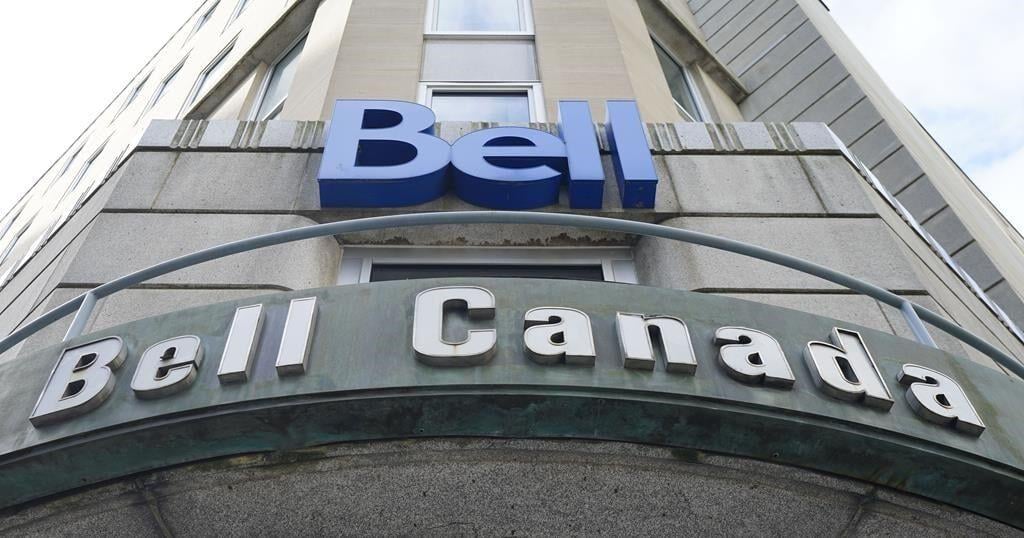Most people over-complicate the process of achieving success.
Achieving success is often perceived as a complex puzzle, or according to those who play the ‘I’m a victim!’ card, only available to those who are supposedly privileged. The fact is there’s a simple equation for achieving success, which Zig Ziglar famously encapsulated, “You can have everything in life you want if you will just help other people get what they want.”
Side note: “all you want” should be interpreted as “all you need.”
I recommend considering the hiring process from the employer’s perspective. By doing so, you’ll empathize with employers and understand positioning yourself as a candidate who has the skills, experience, and proven track record of helping employers get what they want is a job search strategy that’ll set you apart from your competition, who aren’t approaching their job search with an “I want to help employers” mindset as they have the all-too-common “I want!” mindset.
Success isn’t a complicated journey. With the right mindset, it’s a simple path—help others achieve what they want. However, the mindset I come across most often is the exact opposite; job seekers focused on what they want, as opposed to what employers want, resulting in employers being turned off. Who isn’t turned off by someone solely concerned with their needs and wants, who comes across as “predatory”?
Most job seekers: “Employers need to understand my issues and needs.”
Savvy job seekers: “I need to understand the employer’s issues and needs.”
Job seekers who have their thinking clean and show employers how they can help them achieve what they want are few and far between. Being that rare candidate makes you unique and highly valuable, which is a significant competitive advantage. I can guarantee that your interviewer almost never encounters a candidate who projects an “I’m here to help you” aura.
When viewed holistically, employers want five things:
- be profitable
- reduce/control costs
- have low employee turnover
- optimize employee performance
- provide a customer experience that’s evangelized
How can you help an employer achieve any of, or a combination of, the above?
What’s your employee value proposition?
For instance, you can never go wrong assuming the employer wants to be profitable; hence, suggesting cost-saving measures or revenue-generating ideas during your interview will demonstrate your desire to help the company get what it wants, which is to be profitable.
Imagine yourself as a hiring manager. One of your standard interview questions is: “How will you contribute to the company’s success?” or, more directly, “Why should I hire you?”
Candidate A:
“If hired, I will bring enthusiasm, dedication, and hard work to the team. I am a fast learner and have a strong work ethic. I am also a team player.”
Candidate B:
“I bring over 15 years of technical expertise, problem-solving skills, and a commitment to innovation. As head of Gekko’s IT, I led a project to streamline its data analysis processes, increasing efficiency by 20% and reducing employee hours. I achieved this by implementing Cyberdyne Systems’ latest data visualization tools and automating repetitive tasks. I plan to bring this kind of efficiency oversight to Soylent Corporation.”
Which candidate would you lean towards hiring?
Candidate A offers nothing more than their unsubstantiated opinions, which, as I’ve stated in previous columns, employers don’t hire; they hire results. Opinions about yourself, which you should rarely give without quantifying, don’t help your interviewer envision how you’ll help the company get what it wants.
On the other hand, candidate B outlined how they can help the company achieve wanting to optimize employee performance and cost savings. Candidate B thinks like an employer and understands employers are a sucker for candidates with a track record of helping employers get what they want.
Getting hired doesn’t come down to having the shiniest resume, with all the right keywords, being impeccably dressed, having a perfect smile, or sheer luck. Employers hire candidates they feel will get them what they want.
Consider all the successes around you and why they exist.
- Amazon: Shopping delivered to your door.
- Apple iPhone: Handheld communication.
- Facebook: Having a voice. Keeping in touch.
- Starbucks: Coffee served around an experience.
- Taylor Swift: Music young people in angst can relate to.
- MasterCard: Easy to use credit.
- Zig Ziglar: Motivation and encouragement.
The success of the above can be attributed to the fact that they’ve designed their offering with the end-user in mind, helping people get what they want.
- Amazon: Convenience
- Apple iPhone: Connectivity
- Facebook: Popularity
- Starbucks: Self-care
- Taylor Swift: Understanding
- MasterCard: Lifestyle
- Zig Ziglar: Hope
All successful businesses are based on selling a product or service that’ll help people (read: consumers) get what they want, which is usually intrinsic. A product or service must satisfy a need or want in order to sell. The same applies to job searching. You must fulfill an employer’s need or want. Think of employers as the end users of your services; how do you help employers achieve what they want? Are you communicating your how and willingness to help throughout your job search?
Showing how you can help employers get what they want is how you achieve job search success.
_____________________________________________________________________
Nick Kossovan, a well-seasoned veteran of the corporate landscape, offers “unsweetened” job search advice. You can send Nick your questions to artoffindingwork@gmail.com.
Related























